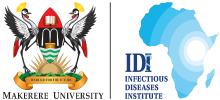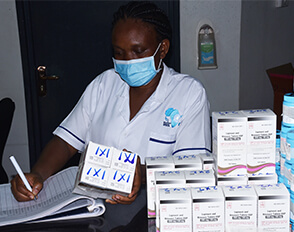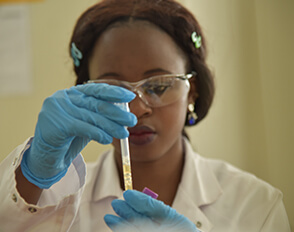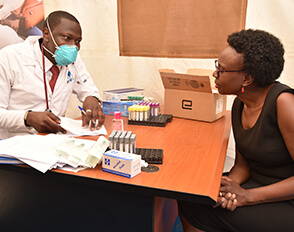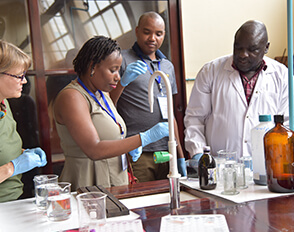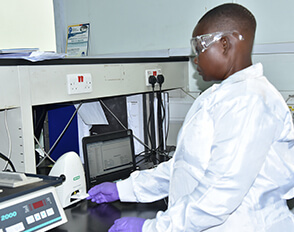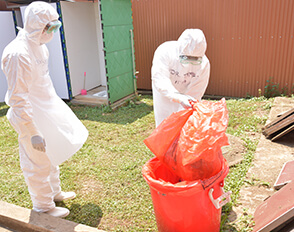BD and Fleming Fund Collaboration to Help Combat Threat of Antimicrobial Resistance in Asia and sub-Sahara 17th of Feb 2020
Uganda has received three pioneering laboratory machines to speed up the process of testing and treating patients for bacterial infections as part of the Fleming Fund Country Grant, which is aimed at helping low and middle-income countries tackle antimicrobial resistance (AMR). The machines automate part of the laboratory tests that identify the bacteria causing a patient’s infection and can deliver results to doctors up to 18 hours quicker, saving critical time in the diagnosis of life-threatening conditions.
One of the machines, a mass spectrometer MALDI-TOF, is the first of its kind in Uganda and identifies bacteria in just two minutes, compared with 18-48 hours for conventional testing.
The aim is to improve the surveillance of AMR and generate relevant data that is shared nationally and globally. The £265M programme was set up to address critical gaps in surveillance of antimicrobial-resistant bacteria in low and middle-income countries. This is the first major award under the new UK cross-government overseas development assistance strategy, contracted through the UK Department of Health and Social Care.
The Lead Grantee is the Infectious Disease Institute and sub-grantees including Department of Medical Microbiology, Pharmacy Department, and the College of Veterinary Medicine, Animal Resources and Biosecurity at Makerere University; and Department of Medical Microbiology, Mbarara University of Science and Technology. The project, which commenced in October 2018, had an award value of £1,798,971 and focused on strengthening national coordination structures and initiating antimicrobial resistance surveillance using a One Health approach.
The One Health, according to the Centres for Disease Control and Prevention, recognizes that the health of people is connected to the health of animals and the environment. It is collaborative, multisectoral, and transdisciplinary approach — working at the local, regional, national, and global levels — with the goal of achieving optimal health outcomes.
The Infectious Disease Institute in Makerere University, is helping to facilitate the training, in collaboration with medical equipment supplier BD. IDI is also supporting the development of a national AMR surveillance strategy, a One Health national governance structure and equipment delivery in animal health laboratories.
The equipment includes a BD Phoenix M50 for antimicrobial susceptibility testing and the BACTEC FX40, for automated blood culture which will be strategically positioned at Uganda’s national reference laboratories for human and animal health.
The launch of the Fleming Fund Country Grant in Africa’s partnership with BD took place on the 17th of February 2020 at Serena Hotel Kampala and attracted both local and international distinguished guests from as far as Sri Lanka and India.
“Up until now, treatment in Uganda has been based on symptoms, rather than based on laboratory testing or findings. This often results in misdiagnosis and can increase the risk of drug resistance if patients aren’t administered the correct medicines,” said Clinical Microbiologist for the Fleming Fund’s Management Agent, Mott MacDonald, Emmanuel Azore, who hopes the new machines will mitigate AMR.
“The new partnership between Fleming Fund and BD will bring much-needed quality diagnostics for antimicrobial resistance to human health and animal health laboratories. I have no doubt that these will have a direct positive impact on clinical care and generate much-needed surveillance data to inform policy and practice,” says Dr Mohamed Larmode, the head of department Global Health Security Programme at the Infectious Diseases Institute.
